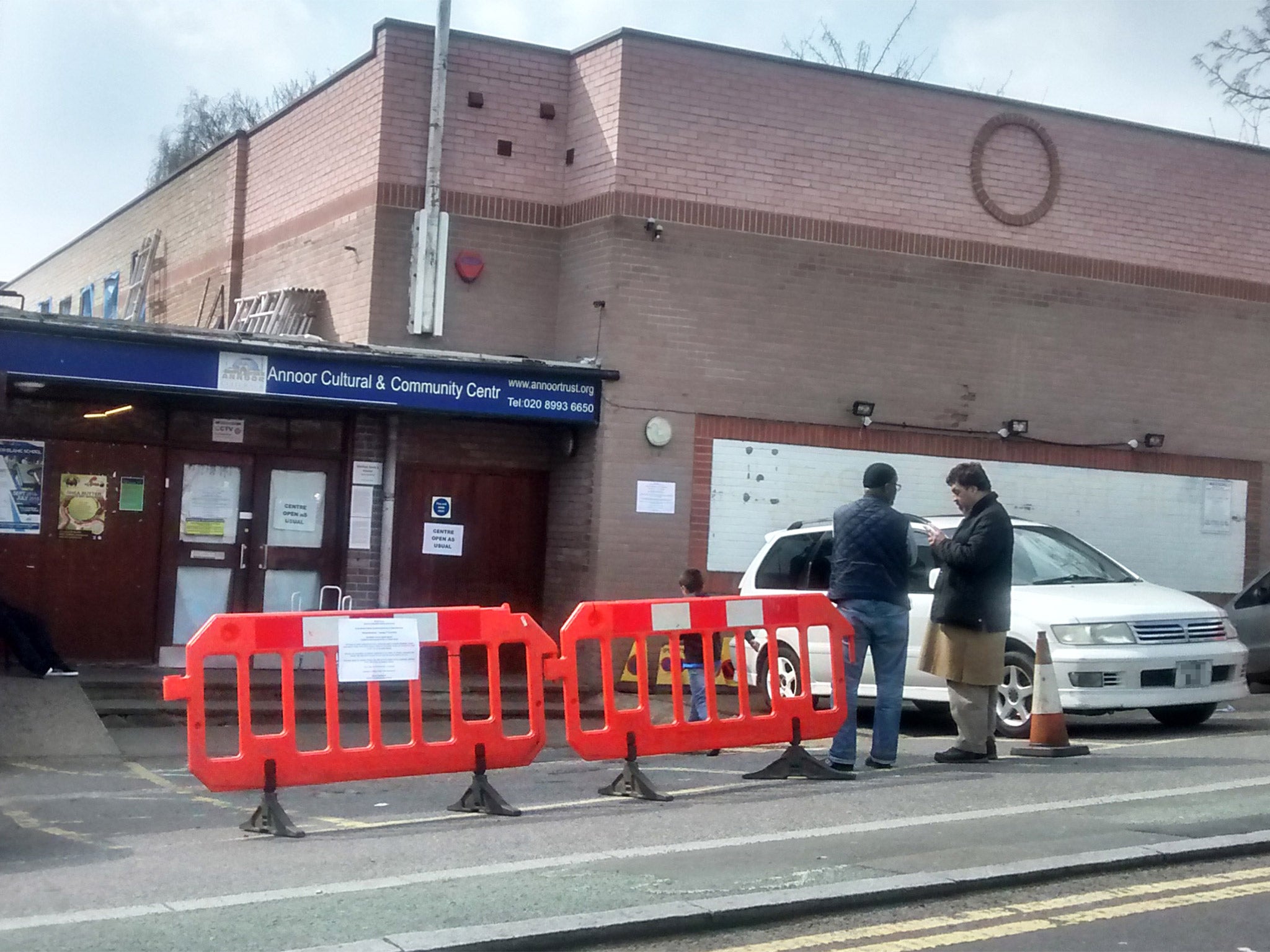Killings at home show we are not immune from foreign wars
Diplomatic Channels: The lethal seeds of the London murders of Abdul Hadi Awani and Alexander Litvinenko lay in other countries, other conflicts


News of the shooting of Abdul Hadi Awani, a Syrian cleric and opponent of Bashar al-Assad, came on the same day that there were developments over the death of Alexander Litvinenko, an opponent of Vladimir Putin. Dmitry Kovtun, a suspect in the murder of the former KGB officer, claimed that it may have been, instead, “suicide by negligence” – the dead man poisoning himself while handling polonium.
Two weeks ago, Mohammed Ramadan al-Bouti, the imam of the Umayyad Mosque in Damascus, and a supporter of President Assad, was blown up by a suicide bomber. In Moscow, Boris Nemtsov, another enemy of President Putin, was gunned down in February. It could be argued that while the murders of Mr Litvinenko and Mr Awani took place in London, the lethal seeds lay in other countries, other conflicts.
The UK has experienced its own share of vicious internal strife – attacks by the IRA and other paramilitary groups; the Angry Brigade; Welsh and Scottish nationalists; individual anarchists; and the current wave of home-grown Islamists. But this country has also experienced many acts of violence linked to conflicts abroad long before the shooting of Mr Awani in Wembley.
Six months ago, a Pakistani suspect arrested over the fatal stabbing of Dr Imran Farooq, a leader of the Pakistani political group, MQM, was released. Five years on, the murder in Green Lanes, north-east London, remains unresolved. There have been two prolonged and high-profile sieges of foreign legations. The former began in 1980 when gunmen from an Iranian Arab group stormed the Iranian embassy. It ended with an SAS team abseiling through the windows and finishing the stand-off in 17 minutes. The siege at the Libyan People’s Bureau came four years later when officials inside the building opened fire on exiled Libyan opponents of the Gaddafi regime demonstrating outside, killing 25-year-old WPC Yvonne Fletcher.
In March 2011, in the early days of the uprising against Muammar Gaddafi, I met Omar Ahmed Sodani, the chief suspect for the killing, who had been captured by the rebels in Benghazi. As the revolution continued, with artillery shells exploding in the distance, the 59-year-old head of Al Ejanalghoria, the regime militia in the city, stressed his innocence and named three others as the guilty men. He pointed out that what happened was a purely Libyan dispute and how sad it was that the young policewoman had got caught up in it. He began to say it was irresponsible of the British authorities to allow the protesters, “traitors to Libya”, to live in the UK.
It was right to allow the Libyan opposition to be based here, as it was to allow the ANC, whose offices were bombed by agents of South Africa’s apartheid regime in 1982. But the British government had also allowed a number of extremist Islamist groups to set up their HQs in this country and turned a blind eye while they carried out murderous attacks in the Middle East, North Africa and even France. The theory was that these groups could be infiltrated by the security agencies and also that they would not blow up their new homeland. There was even a name for this amoral arrangement: “the covenant of security”.
We now know, of course, that the infiltration had only mixed success and these people would blow up their own homeland in the name of jihad. It also means, as we have learned, that Britain cannot be immune from the consequences of the wars these exiles wage aboard in this interconnected world.
Join our commenting forum
Join thought-provoking conversations, follow other Independent readers and see their replies
Comments
Bookmark popover
Removed from bookmarks